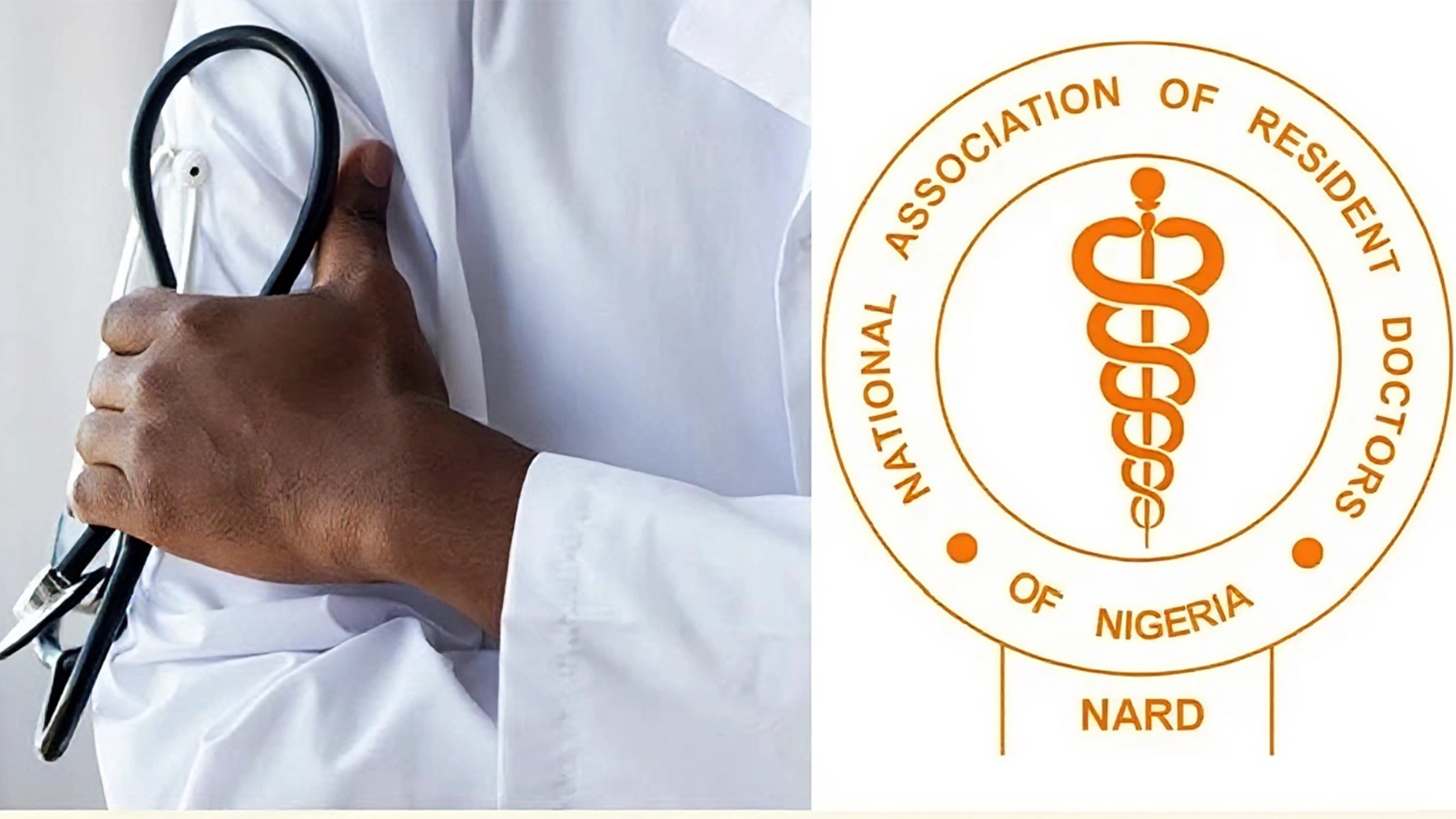West African Ministers of Health have pledged their joint commitment to advancing the development of and readiness for Lassa fever, in recognition of the significant threat to regional health security posed by the disease.
Hundreds of thousands of people in West Africa are estimated to be affected by Lassa fever each year, with the disease causing nearly 4,000 deaths and resulting in approximately $110 million in annual productivity losses in the region.
The potential impact of the disease is set to worsen, with modelling research predicting that up to 600 million people could be at risk of Lassa fever infection by 2050 as a result of climate change and population growth.
Worried by this development, Ministers of Health from across the region gathered for high-level talks convened by the West African Health Organisation (WAHO) and the Coordinating Minister of Health and Social Welfare of Nigeria, Prof Muhammad Ali Pate, as co-leads of the Lassa fever Vaccine Coalition, and Mr. Pierre N’Gou Dimba, Minister of Health, Public Hygiene and Universal Health Coverage of the Republic of Côte d’Ivoire, as host of the Lassa fever International Conference in Abidjan.
At the meeting which was supported by global pandemic preparedness institution, the Coalition for Epidemic Preparedness Innovations (CEPI) and the International AIDS Vaccine Initiative (IAVI), a non-profit scientific research organisation, the ministers reaffirmed their political endorsement of accelerating Lassa fever vaccine readiness as a regional strategic health priority and a cornerstone of pandemic preparedness, underscoring its dual role in strengthening national systems and collective resilience.
They noted that despite its devastating impact, there are currently no licensed vaccines to protect against Lassa fever.
The ministers pointed out that the most advanced Lassa fever vaccine candidate has been developed by IAVI with funding from CEPI and the European & Developing Countries Clinical Trials Partnership, stressing that IAVI’s promising vaccine candidate is currently being evaluated in a Phase IIa clinical trial to evaluate the vaccine’s safety and immunogenicity in Ghana, Liberia and Nigeria – the most advanced study of a Lassa fever vaccine to take place anywhere in the world.
They pledged to strengthen country and regional platforms to ensure that clinical trial sites, laboratories, regulatory authorities and community engagement efforts across West Africa are ready to enable the late-stage clinical research needed to advance a Lassa fever vaccine to licensure and to bolster the region’s response to other epidemic and pandemic disease threats.
They recognised that Lassa fever could serve as a model for broader integration and coordination of financing efforts and committed to supporting the development of IAVI’s Lassa vaccine candidate, rVSVΔG-LASV-GPC, through a collaborative co-funding approach and joint action to mobilise and secure resources through advocacy and regional coordination.
The Ministers of Health endorsed a communiqué that reinforces the region’s shared leadership in confronting a virus endemic to West Africa, which causes significant health, economic, and societal harm.
Coordinating Minister for Health and Social Welfare Prof Muhammad Ali Pate stated that for decades, Lassa fever has silently taken lives, eroded livelihoods, and tested the resilience of our health systems.
He said, “Here in Abidjan, West Africa is showing a new path: countries uniting not only to call for a vaccine, but to co-finance and prepare the systems that will make it real. In Nigeria, through the Health Sector Renewal Initiative, we are investing in laboratories, surveillance, and regulatory readiness — efforts that complement and strengthen regional solidarity. What we commit to today is bigger than one disease; it is a statement that Africa can mobilise its science, align its financing, and contribute decisively to global preparedness. If we hold this course, the legacy will be measured in lives protected and in a continent that helped safeguard the world from the pandemics of tomorrow.”
Also speaking, the Director General of WAHO, Dr Melchior Athanase J. C. Aissi, noted that ECOWAS Ministers have agreed not just to endorse a vaccine, but to co-finance it together, showing that West Africa is ready to lead on solutions to Lassa fever and pandemic threats.
He said, “Regional solidarity is our greatest asset, and WAHO will continue to drive this united approach. WAHO is proud to convene and coordinate this landmark commitment”.
On his part, the CEO of CEPI, Dr. Richard Hatchett, observed that the prospect of protection against the dreadful disease is closer than ever before adding that CEPI is committed to working in close partnership with West African leaders to bolster regional health security by advancing the licensure of the first ever Lassa vaccine and strengthening the region’s capabilities to respond to other epidemic or pandemic threats.
The IAVI President and CEO, Dr. Mark Feinberg said by signing this communiqué, West Africa is not just one step closer to an affordable and accessible Lassa vaccine; it is building a global health partnership that can provide a new model to advance the development, and to ensure sustainable and affordable supply of, vaccines targeting diseases where there is no commercial incentive for private, for-profit companies to invest.
He said,”We welcome this unprecedented opportunity to advance IAVI’s promising Lassa fever vaccine candidate in close partnership with West African governments, Institut Pasteur de Dakar – a regionally based manufacturer – and regional scientific and public health leaders”.
Signatories of the communiqué include Ministers of Health or their representatives from the Republic of Benin, Republic of Cabo Verde, Republic of Côte d’Ivoire, Republic of Ghana, Republic of Guinea-Bissau, Republic of the Gambia, Republic of Liberia, Federal Republic of Nigeria, Republic of Senegal, Republic of Sierra Leone and the Togolese Republic.
As next steps, the Ministers agreed to coordinate with countries to ensure capabilities are in place to support late-stage vaccine development and to refine the regional financing approach. In support of the latter, WAHO, CEPI and IAVI will convene a working group of countries to align on resource mobilisation.
The 2nd Lassa fever International Conference runs from 8-11 September 2025, under the theme “Beyond Borders: Strengthening Regional Cooperation to Combat Lassa Fever and Emerging Infectious Diseases”. The landmark event brings together scientists, public health experts, vaccine developers, policymakers, civil society and regional stakeholders to share insights, review progress and forge new partnerships aimed at accelerating vaccine development and strengthening Lassa fever control efforts.
Symptoms of the disease range from mild headache to vomiting, swelling and widespread bleeding, which can be fatal. In those who recover, hearing loss is commonly reported.






